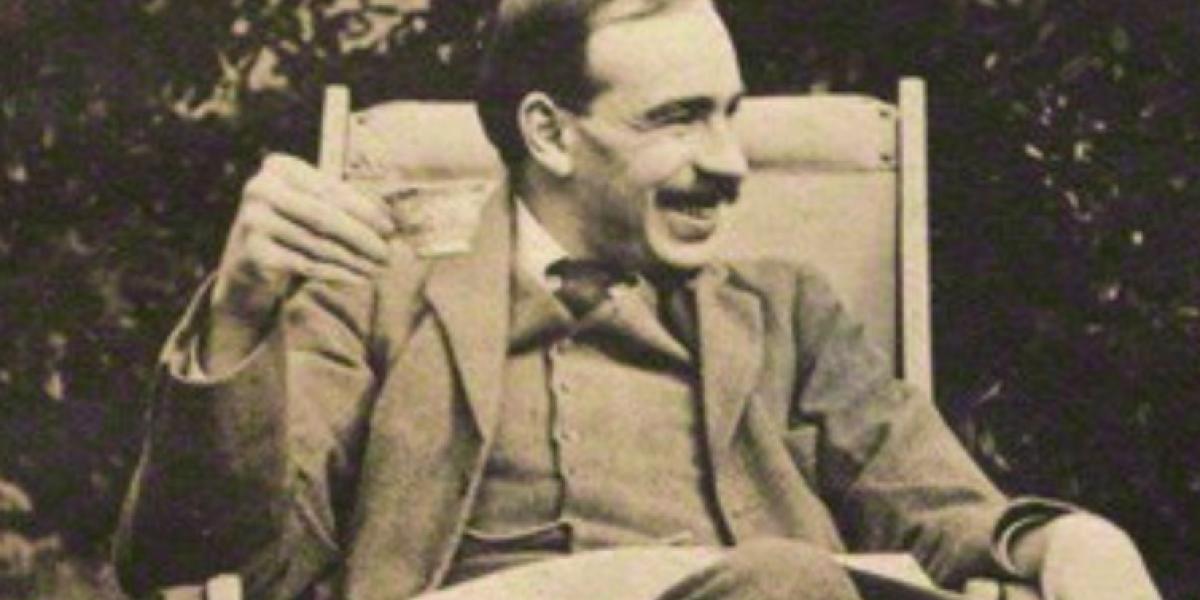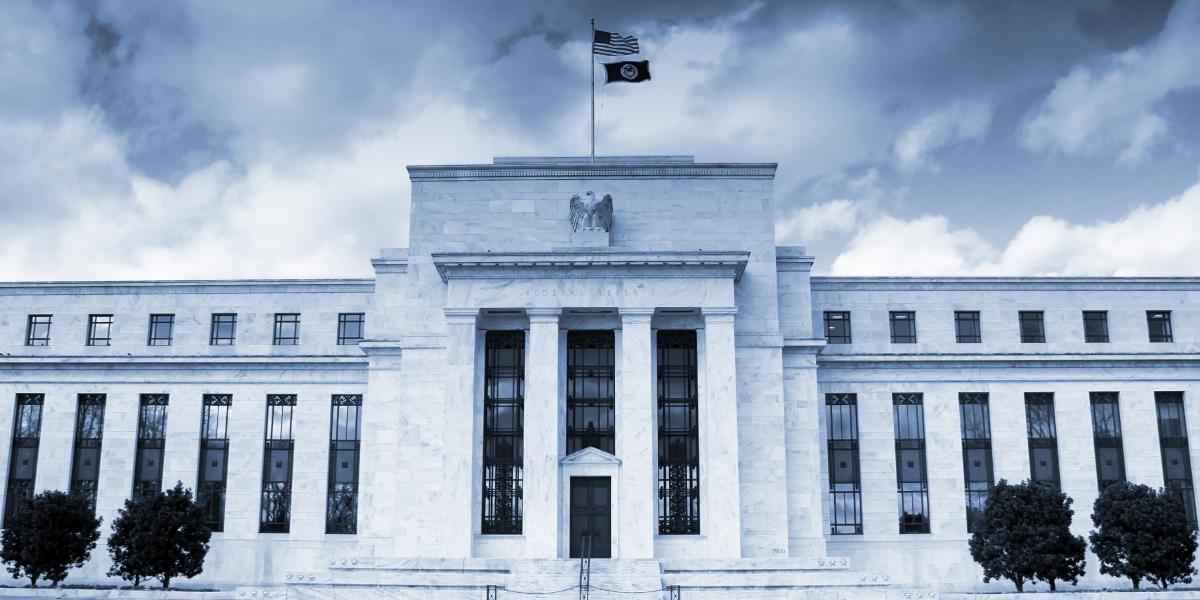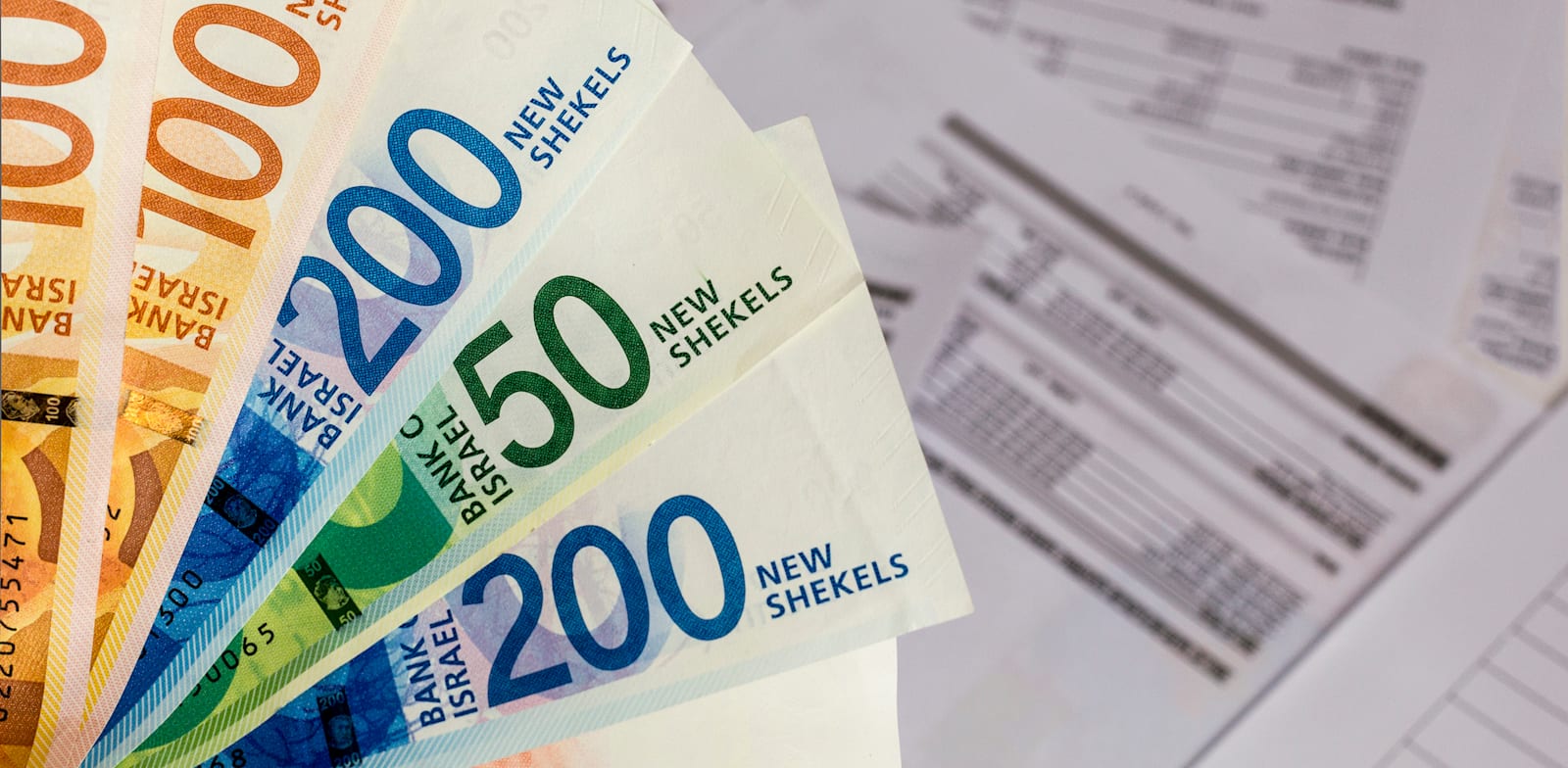“Keynes was not a democrat, but, rather, looked upon himself as a potential member of an enlightened ruling elite.”—James Buchanan and Richard Wagner (1977)
That “we are all Keynesians now” is a long-established fact and, if you had ever met the man himself, chances are you would have liked him. Baron John Maynard Keynes is not only the most famed and influential economist of our time; he was probably the most likeable one of his era. A Cambridge-trained mathematician, Keynes was gregarious, generous to friends, a superb conversationalist and of undoubted genius, but after reading his magnum opus, The General Theory, I must (reluctantly) confess to being—from an economic point of view—unimpressed. I realize this condemns me to the lunatic fringe so all I can do is apologize and point to what is written.
Keynes opens the book with, “the ideas which are here expressed so laboriously are extremely simple” and that is God’s honest truth. Once you journey through almost 400 bloated pages and climb piles of mathematical formulas, the book is but a simple call for inflation—the same that’s been heard repeatedly since the dawn of monetary history. The “Keynesian Revolution” this book kicked off merely dug up a corpse and declared it a newborn baby; it’s not so much an economic treatise as it is a policy proposal for inflation since “there is no remedy but to persuade the public that green cheese is practically the same thing [as money] and to have a green cheese factory (i.e. a central bank) under public control.” Being published in the midst of the Great Depression made the book’s promise “if money could be grown like a crop or manufactured like a motor-car, depressions would be avoided” utterly irresistible, so The General Theory was greeted with hosannas.
Be warned, The General Theory has a well-deserved reputation for being a notoriously difficult book to get through because Keynes forgot that a writer’s primary duty is clarity. The book reads as if written by someone who tried to learn but never quite mastered the English language and it doesn’t help that Keynes’s style of writing is best described using the sales clerk from Chekov’s story Three Years, the one who “liked to obscure his speech with bookish words, which he understood in his own way, and there were many ordinary words that he often employed in a sense other than the one they had.”
The book is so sloppily written that Keynes too often seems to confuse himself. For instance, arguing that savings and investment are “two essentially different activities” but later pointing out that they are “merely different aspects of the same thing.” The book is full of such reversals that make you furrow your brow, but it does provide the occasional belly laugh, such as when he talks about how “catastrophe such as war or earthquake” destroys capital then later argues that, “Pyramid-building, earthquakes, even wars may serve to increase wealth.”
What is most striking about this book is its hostile attitude toward freedom of choice and private property. And, on these very specific workaday matters, Keynes made himself clear as a cloudless sky. Central planning and inflation are the heroes of his system. Freedom of choice and the protection of property stand as the villain, and Keynes repeatedly attacks them with gusto. He wrote, “Equilibrium, under conditions of laissez-faire, will be one in which employment is low enough and the standard of life sufficiently miserable.” And, “This disturbing conclusion depends, of course, on the assumption that the propensity to consume and the rate of investment are not deliberately controlled in the social interest but are mainly left to the influences of laissez-faire.” Keynes ends the book with a call that fits well with the sentiment of his time: “I conclude that the duty of ordering the current volume of investment cannot safely be left in private hands.”
This would constitute a vast expansion of political control over peoples’ lives, but, Keynes writes, it offers a promise “for communal saving through the agency of the State to be maintained at the level which will allow the growth of capital up to the point where it ceases to be scarce.” After all, “…there are no intrinsic reasons for the scarcity of capital,” but by using the “common will, embodied in the policy of the State” we can make capital flow like water “within one or two generations.”
Keynes faith in the men employed by the government is as boundless as his distrust of the one who is not, and he hopes to see the state, “…which is in a position to calculate the marginal efficiency of capital-goods on long views and on the basis of the general social advantage, taking an ever-greater responsibility for directly organizing investment.” That he had such faith despite arguing just fifteen pages previously that “…we have to admit that our basis of knowledge for estimating the yield ten years hence…amounts to little and sometimes to nothing; or even five years hence…” was, for me, one of the book’s laugh-out-loud moments. But there are moments where you don’t laugh, you recoil.
It is in the book’s last chapter, “Concluding Notes on the Social Philosophy Towards Which the General Theory Might Lead,” where you come to the threshold that must be crossed to enter the promised utopia. Like other popular political systems from his time, the rich are forbidden to enter the coming heaven on earth. Keynes points out that as his conclusions remove the necessity of having rich people around to save money and fund future growth anyway (as those tasks will be taken over by the state) so, “One of the chief social justifications of great inequality of wealth is, therefore, removed.” As for financiers and entrepreneurs, Keynes insists that they “…are certainly so fond of their craft that their labour could be obtained much cheaper than at present), to be harnessed to the service of the community on reasonable terms of reward.” The working masses, too, must be content with more “reasonable terms of reward” as Keynes will “…call on the living generation to restrict their consumption, so as to establish, in course of time, a state of full investment for their successors.”
In aggregate (to steal a beloved phrase of Keynes), this all comes to central planning of society’s investment, incomes, and consumption, which means the state will be the great helmsman, “…partly through its scheme of taxation, partly by fixing the rate of interest, and partly, perhaps, in other ways.” And, mimicking the Marxian nonsensical promise of a “withering away of the state” once “the people” supposedly hold power, Keynes promises that once the political class controls all these decisions, “…the classical theory [the free market] comes into its own again from this point onwards.” Although you wonder what’s left at that point? Not freedom of childbearing, apparently, as Keynes tosses out the additional promise that his system will establish world peace once nations learn “…to provide themselves with full employment by their domestic policy and, we must add, if they can also attain equilibrium in the trend of their population.”
Keynes sugarcoats this mud pie utopia by promising it will still be “quite compatible with some measure of individualism,” but insists that the benefit of “…the euthanasia of the cumulative oppressive power of the capitalist to exploit the scarcity-value of capital” is a fine trade-off. In fairness, Keynes did state toward the end of The General Theory that the loss of personal choice—which he’d just spent an entire book arguing needed to be severely restricted—“is the greatest of all losses of the homogenous or totalitarian state,” but he also made sure to remind his readers (in the preface for the General Theory when it was published in Nazi Germany) that the ideas in this beloved book are “much more easily adapted to the conditions of a totalitarian state” than they would be “under conditions of free competition and a large measure of laissez-faire.”
The Keynes that wrote The General Theory was not an economist but a utopian dreamer who claimed, “The only radical cure for the crisis of confidence which afflict the economic life of the modern world would be to allow the individual no choice” in how to dispose of his own paycheck. In exchange, the Keynesian Revolution promised a worry-free future where the state makes ever-wise decisions on behalf of “the people,” leaving them to enjoy a bacchanalia of endless consumption in a carefree world where capital is kept as cheap and abundant as the very air we breathe. But, a reader of this book should note, though capital may be rendered free in terms of money, it will cost a fortune in other, far more valuable forms of payment.























